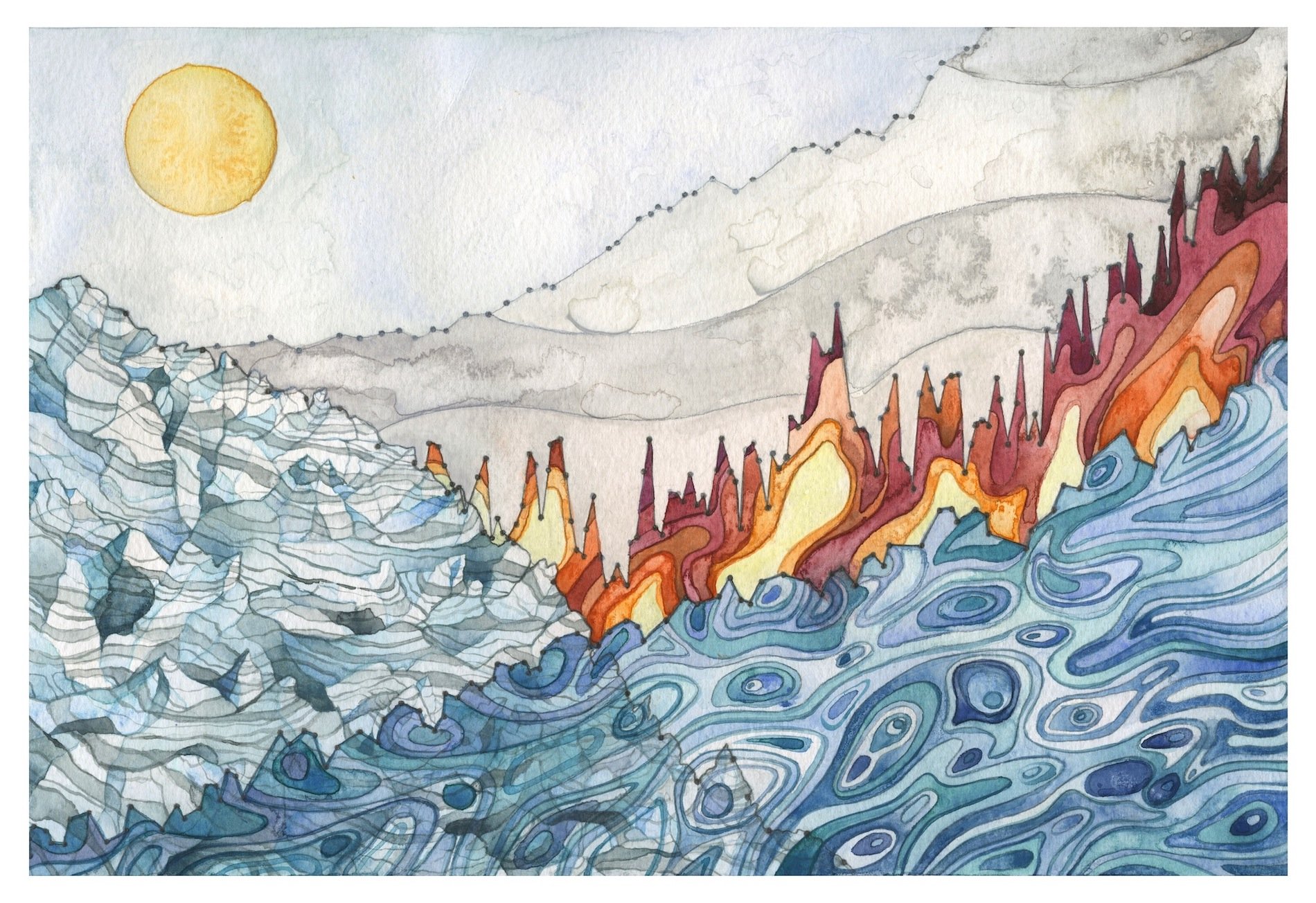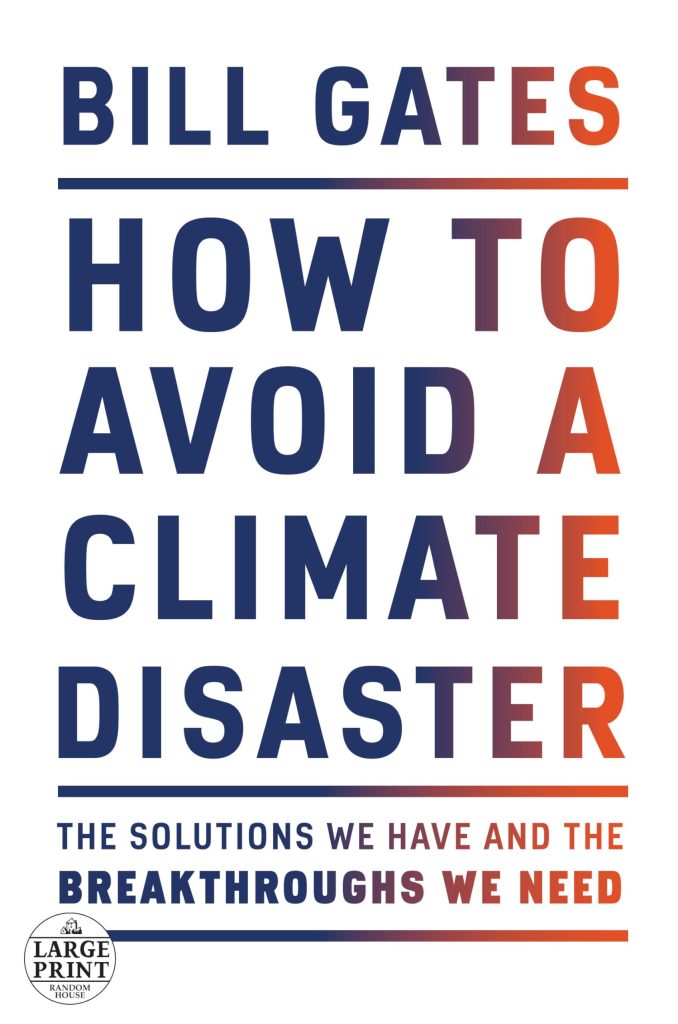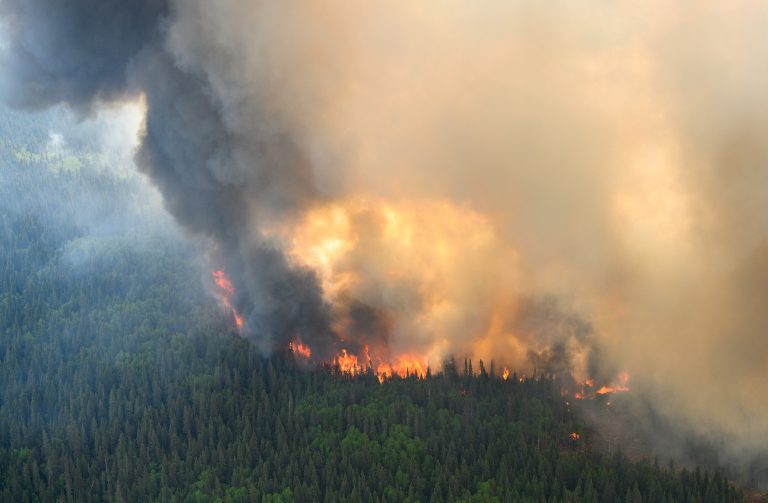The global discourse is surely not focused on the very existence of our species—the danger of a planet progressively getting warmer. For numerous times, the global polity has been exposed to the proposition of the vitality of curbing the current detrimental trend.
Unfortunately to no avail.
Why is the issue obscured from the mainstream discussion?
It may well be due to the shortcomings of the human persona: greed; complacency; denial; fear of change; self-interest; and hubris.
Nevertheless, it is of utmost responsibility to highlight the most consequential task ahead of us—to avoid the looming disaster. Albeit we are just a minuscule particle in this diverse planet, except—only a bottom-up approach will bring forth a needed change, and whilst deliberations, giving positive impetus, and growing civic attention is the least we can do as global citizens.
Mr. Gates book “How to Avoid a Climate Disaster” underpins his intellectual prowess from the conventional technological space of operating systems and personal computers to a certainly broad topic—the transformation to a zero CO2 green economy.
It is on us to not only read but to act on the suggestion written meticulously; likewise, to act upon it for the global good. The book highlights measures that must be taken by—the government—policymakers; the corporate—businessman; the public—you.
The word “must” is primary.
As mentioned by the author, two numbers should be inscribed to the thought process. As Mr. Gates writes, “The first is 51 billion. The other is zero.” 51 billion is the amount of gas emitted to the atmosphere on an annual basis. On the other hand, zero is our goal—goal of achieving zero greenhouse gases.
Both the numbers correlate; we can only reap the notion a win against climate change if the two numbers ultimately are ZERO. There is no other viable number whatsoever; it would only imply that the climate is engulfed with greenhouse gases—resulting in adverse effects to our livelihood in a multifaceted manner.
The consequences of the number 51 billion are already being borne by many at the moment, chiefly the ones in the periphery economically.
There is just a litany of climate disasters that we have already succumbed to: From the recent back-to-back hurricanes in the United States; flooding in Valencia, Spain; typhoons in Asia; a wide swath of Pakistan submerged in flood water; record-breaking temperatures from Asia to Europe and the Americas. These disasters do not only ravages through a long-lasting effort of building a home; in tandem, they take loved ones for the entirety—never to see the light of day.
Disasters are not only detrimental to the city dwellers—they are even more to the inhabitants of the scattered land outside the urbanized clusters—the destruction obliterates the sources of income of villagers, farmers, tribal kinfolks, and indigenous people; thence, relegating them to abject marginalization both socially and economically—as a one-off stimulus is inadequate to cover up decades or even centuries worth of investment.
I reckon that—the arc of meeting the goals may not align with the preordained substratum envisioned in Paris vis-à-vis climate action by the various nation-states and the private sector—a meager ad hoc solution is a dastardly approach to not only activists but also the generations to come.
It is unnecessary to say that the proposition of focusing on climate initiative is seen as a brazen misdirection, particularly by the ones advocating for differing dictums.
It is us—the skeptics of the current trajectory—in this precarious moment who will bear the spewing of contrarian opinion: by the negative ad peddlers, conspiracy theorists, and individuals that adhere to doctrinaire beliefs. Regrettably, the latter has succeeded in fermenting their views as righteous ones.
The current direction of the collective global body politic has resoundingly shown its apprehensiveness towards climate change as a hoax, though rather than berating their intellectual prowess—re-orientation of the dialogue pertaining to climate advocacy from toxicity to civility can bring about substantial change.
The road ahead lies to reform the narrative in a laymen-friendly manner—not content that could materialize to be meme-worthy in an environment where from the young to the old immerse themselves in information originated in social platforms curated on the basis of algorithms.
As the famous gospel goes, “We shall overcome, someday.”







